The Balkan Route under European Debate
The EU keeps looking for solutions to the refugee crisis.

România Internațional, 26.10.2015, 13:45
The European Union
keeps looking for solutions to solve the refugee crisis, the most serious since
the end of the second world war. The European Commission President, Jean Claude
Juncker, called for an emergency mini-summit on migration in the Western
Balkans on Sunday. The meeting was attended by heads of state and government
from eight EU countries: Austria, Bulgaria, Croatia, Germany, Greece, Hungary,
Romania and Slovenia, plus another three countries that are not members of the
union, namely Albania, Macedonia and Serbia.
After 7 hours of talks, the
participants set up an action plan on 17 items, the most important of which
refers to the creation of 100,000 places for refugees, with the help of the UN.
Half of them will be set up in Greece, the first leg of the migrants’ Balkan
route, and the rest in the Western Balkan countries. The Athens authorities
have agreed to add 30,000 accommodation places for refugees, by the end of the
year, with support from the High UN Commissioner’s Office for Refugees. In
the second stage, another 20,000 accommodation places will be ensured in host
families in Greece, and the rents will be subsidized by the UN
High Commissioner’s Office for Refugees. The rest of 50,000 will be allocated among the
countries along the Western Balkans route used by the migrants, also under UN’s
coordination.
Another decision made at the summit was to deploy 400 police
officers in Slovenia, a country which is seriously affected by the wave of
migrants of late, following Hungary’s decision to close its borders with
Croatia. The plan also provides for boosting efforts for the return of those
people who need international protection and to boost cooperation in the
process of returning refugees to countries such as Afghanistan, Bangladesh,
Iraq and Pakistan. The participant countries also agreed not to let immigrants
enter a neighboring country without a previous agreement on that.
The President
of the European Commission said that the Balkan countries should start
registering the migrants that reach
their borders. Improving the daily exchange of information was another measure
that the participants agreed upon, as well as tracking migrants along the
Western Balkan route and assessing the support needed for these countries. The
plan also focuses on a more efficient fight against human trafficking and
traffickers, and on strengthening such actions with the help of the Interpol,
Frontex and Europol.






























